Reading
Day 1: Psalm 103, Psalm 108-110, Psalm 122, Psalm 124
Day 2: Psalm 131, Psalm 133, Psalm 138-141, Psalm 143
Day 3: Psalm 144-145, Psalm 88-89
Day 4: Psalm 50, Psalm 73-74
Day 5: Psalm 75-78
Day 6: Psalm 79-82
Day 7: Psalm 83, 1 Chronicles 29:23-25, 2 Chronicles 1:1, 1 Kings 2:13-3:4, 2 Chronicles 1:2-6, 1 Kings 3:5-15, 2 Chronicles 1:7-13
Preview
Hard Questions
- (Psalm 109) Is this problematic? Keller’s take.
- Psalm 110—a priest forever after the order of Melchizedek? 110:7 and the connection with Samson
- The depth of David’s spiritual life, especially in light of the difficult stories we read near the end. The psalms reflect his depth of understanding of who God is, and the time he spent reflecting on God and distilling his insights into poetry. We have to ask ourselves—how much of the Bible did he have, and what was he able to grasp about God, even as violent and imperfect as he was? We see several interesting things in these psalms: 1) how they reflect David’s real experiences (for example, when he talks about lying foreigners, maybe it’s a reflection on his experience with Hanun king of the Ammonites, who shaved his ambassadors and cut their clothes off); 2) the culture of creativity in worship that David fostered during his reign, which we see through the other psalmists who wrote at the same time; 3) David’s willingness to let other people shine, even as he wrote so many hymns (David surrounded himself with worshippers); 4) even in the post-Judges culture, there arose people who were really passionate about God and deep in their walk with him; 5) a culture of transparency before God, as David and others (such as Asaph in Ps. 77) were able to sing out their doubts and fears without hiding themselves behind a religious facade; and 6) a culture of reflection on the Old Testament, and an awareness of their deep brokenness as a nation, even in a time of relative prosperity and strength (Ps. 79-80)
- (1 Kings 2) Adonijah and Abishag the Shunammite. What’s going on? Whoever possesses the harem controls the kingdom (David had taken Solomon’s harem, Absalom took David’s harem, which was then confined to itself, and now Adonijah attempts symbolically to take David’s harem through Abishag, who has not had relations with the king)
Review
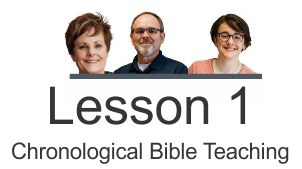
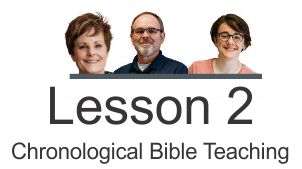
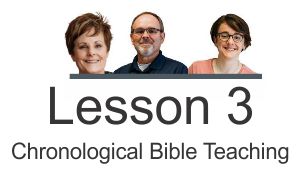
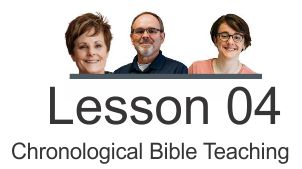
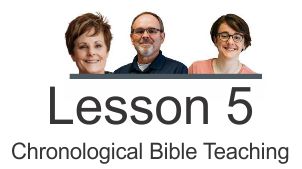
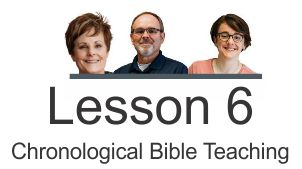
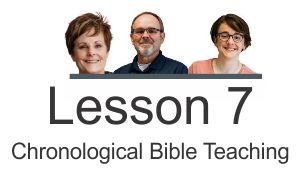
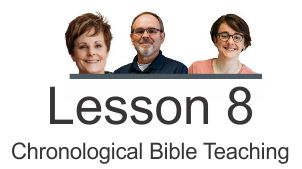
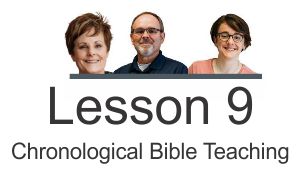
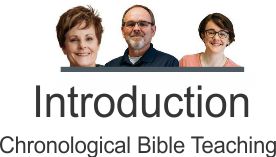
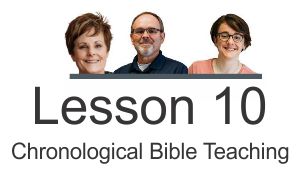
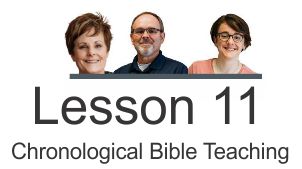
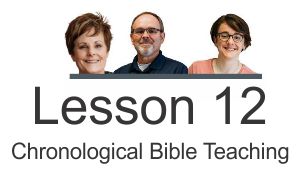
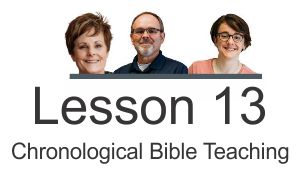
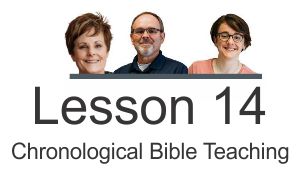
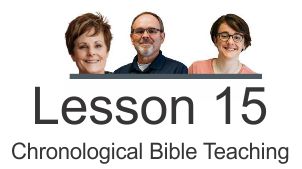
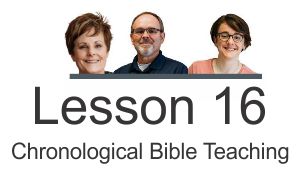
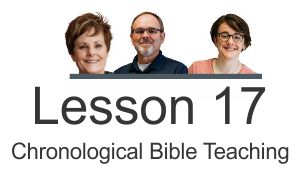
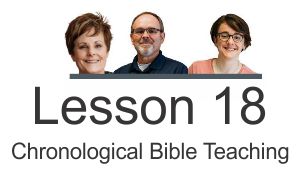
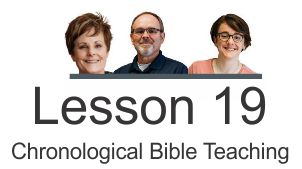

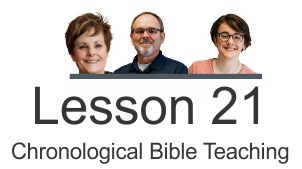
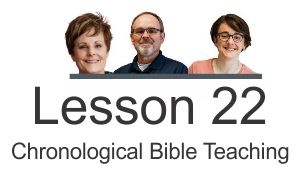
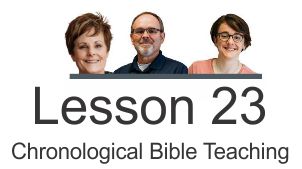
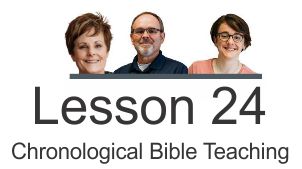
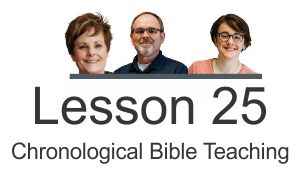
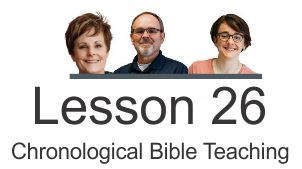
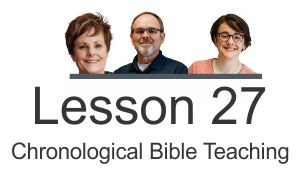
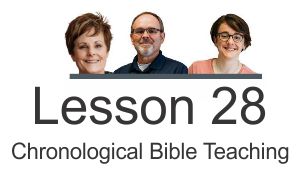
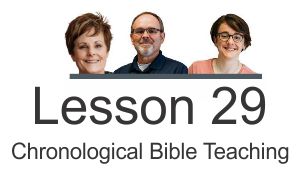
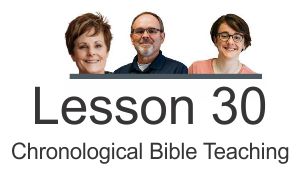
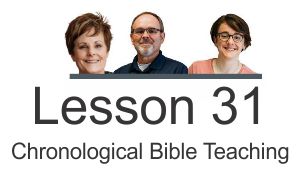
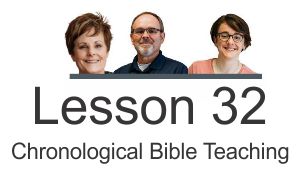
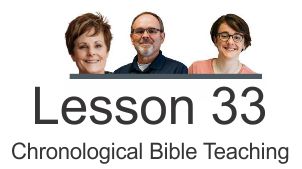
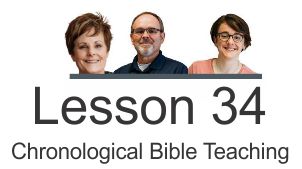
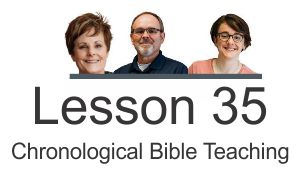
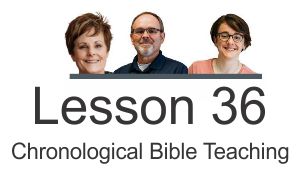
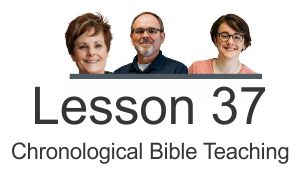
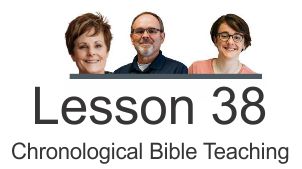
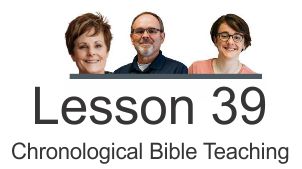
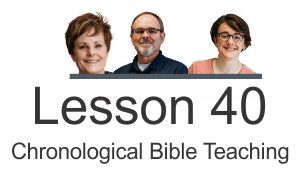
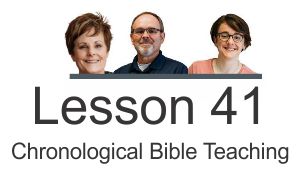
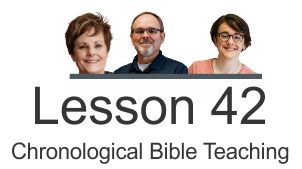
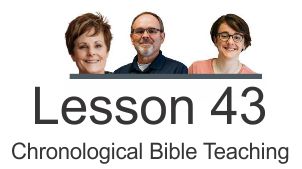
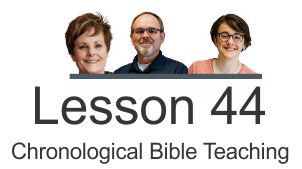
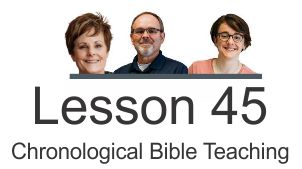
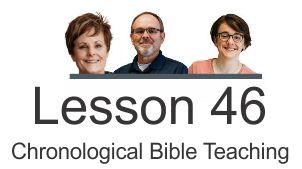
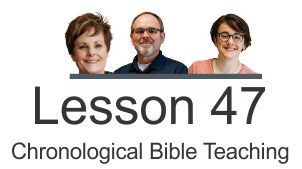
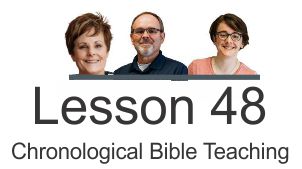
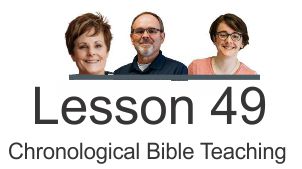

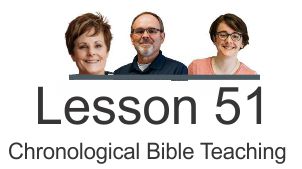

Page Discussion
Membership is required to comment. Membership is free of charge and available to everyone over the age of 16. Just click SignUp, or make a comment below. You will need a user name and a password. The system will automatically send a code to your email address. It should arrive in a few minutes. Enter the code, and you are finished.
Members who post adverts or use inappropriate language or make disrespectful comments will have their membership removed and be barred from the site. By becoming a member you agree to our Terms of Use and our Privacy, Cookies & Ad Policies. Remember that we will never, under any circumstances, sell or give your email address or private information to anyone unless required by law. Please keep your comments on topic. Thanks!